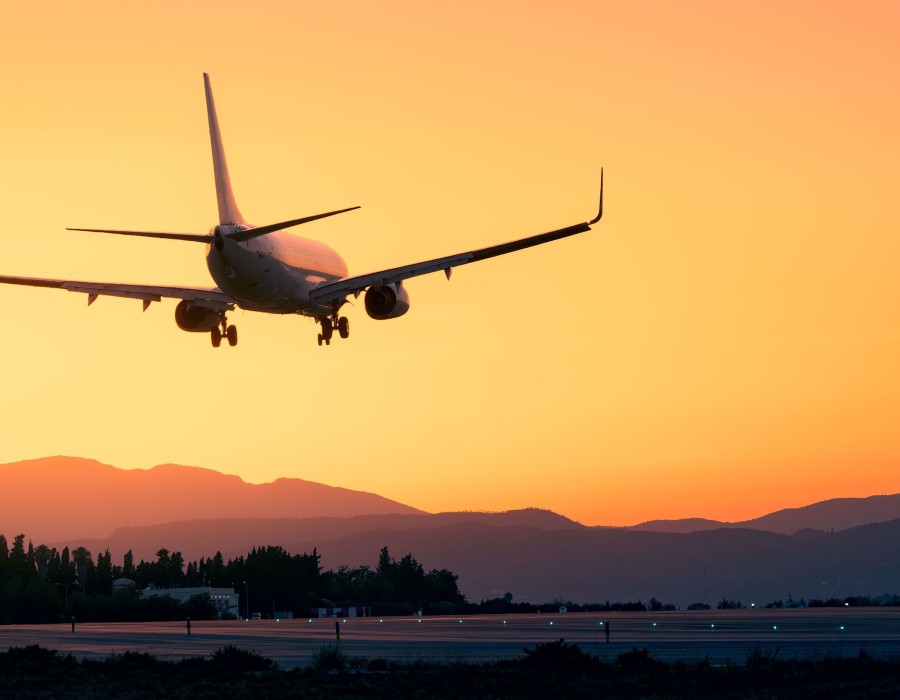Is Frontier Airlines Safe safety is undoubtedly the most critical factor for passengers. Frontier Airlines, a prominent low-cost carrier in the United States, often raises questions regarding its safety standards due to its budget-friendly model. This article delves into various aspects of Frontier Airlines’ safety, including its regulatory compliance, fleet maintenance, pilot training, safety record, and passenger experiences.
Regulatory Compliance
Frontier Airlines operates under stringent regulations set by the Federal Aviation Administration (FAA) and other aviation authorities. These regulations ensure that all airlines maintain high safety standards. Frontier Airlines, like all carriers in the United States, must adhere to these regulations, which cover every aspect of airline operations, from aircraft maintenance to crew training and operational procedures.
The FAA conducts regular inspections and audits to ensure compliance. Any deviations or safety concerns are addressed immediately, with airlines required to take corrective actions. Frontier Airlines has consistently passed these inspections, indicating a solid adherence to regulatory standards.
Fleet Maintenance
The safety of an airline heavily depends on the condition and maintenance of its fleet. Frontier Airlines primarily operates a modern fleet of Airbus A320 family aircraft, including the A319, A320, and A321 models. These aircraft are known for their reliability and safety features.
Frontier Airlines follows a rigorous maintenance schedule as per FAA requirements, which includes regular inspections, preventive maintenance, and necessary repairs. The airline employs a team of certified maintenance professionals and collaborates with reputable maintenance, repair, and overhaul (MRO) organizations to ensure its fleet remains in optimal condition. Modern aircraft like those in Frontier’s fleet are equipped with advanced diagnostic systems that can detect and report potential issues before they become serious problems, further enhancing safety.
Pilot Training and Standards
The competence of pilots is a crucial element of airline safety. Frontier Airlines employs highly trained and experienced pilots. To become a commercial pilot for Frontier, candidates must meet strict FAA certification requirements, which include extensive flight training and passing rigorous written and practical exams.
Moreover, Frontier Airlines provides continuous training for its pilots. This includes recurrent training sessions, simulator training, and regular assessments to ensure pilots are up-to-date with the latest safety protocols, emergency procedures, and technological advancements in aviation. The airline’s commitment to ongoing pilot education ensures that its crew is well-prepared to handle any situation that may arise during a flight.
Safety Record
Frontier Airlines has maintained a commendable safety record over the years. There have been no fatal accidents involving Frontier Airlines in its history. This track record is a strong indicator of the airline’s commitment to safety.
The Aviation Safety Network, which tracks aviation incidents and accidents worldwide, lists only a few minor incidents involving Frontier Airlines. These incidents were promptly investigated, and appropriate measures were taken to prevent recurrence. The airline’s ability to maintain a clean safety record is a testament to its robust safety culture and practices.
Passenger Experiences and Safety Perception
While regulatory compliance, fleet maintenance, and pilot training are critical, passenger perception also plays a significant role in an airline’s reputation for safety. Many passengers choose Frontier Airlines for its affordable fares and extensive route network. Although the airline operates under a low-cost model, this does not inherently compromise safety.
Passenger reviews and experiences regarding safety are generally positive. Many passengers report feeling safe and secure while flying with Frontier. The cabin crew is trained to handle emergencies and ensure passenger safety and comfort. However, as with any airline, there are occasional complaints related to service quality, punctuality, and additional fees, which are typical for low-cost carriers. These factors, however, do not directly relate to safety but rather to the overall travel experience.
Safety Enhancements and Future Outlook
Frontier Airlines continually invests in technology and processes to enhance safety. The airline participates in various safety programs and initiatives, such as the Aviation Safety Action Program (ASAP) and the Voluntary Disclosure Reporting Program (VDRP). These programs encourage frontline employees to report safety concerns and operational issues without fear of reprisal, fostering a proactive safety culture.
Furthermore, Frontier Airlines is exploring advancements in aviation technology, such as the implementation of predictive maintenance using big data analytics. Predictive maintenance helps identify potential issues before they affect aircraft performance, thereby reducing the risk of in-flight malfunctions.
The airline is also committed to sustainability, with initiatives to reduce its environmental impact. While these efforts primarily focus on ecological sustainability, they indirectly contribute to safety by ensuring the use of newer, more efficient aircraft that meet stringent environmental and safety standards.
Conclusion
In conclusion, Frontier Airlines is as safe as any other major carrier operating in the United States. Its adherence to FAA regulations, commitment to rigorous fleet maintenance, investment in pilot training, and strong safety record all attest to its dedication to passenger safety. While the airline’s low-cost model might lead to some trade-offs in terms of comfort and service quality, these do not compromise safety.





Comments